Many prestigious newspapers across the globe re-published a very interesting Associate Press article called ‘At soaring rate, Nepalis seeking jobs abroad come home dead’ on the plight of Nepali migrant workers in countries such as Malaysia, Korea, India and the Middle East. This article cited our co-author Nirmal Aryal who is a Nepali researcher based in New Zealand. This newspaper piece also quoted our recent paper ‘Injury and Mortality in Young Nepalese Migrant Workers: A Call for Public Health Action’, which was published earlier this year in the Asian-Pacific Journal of Public Health [1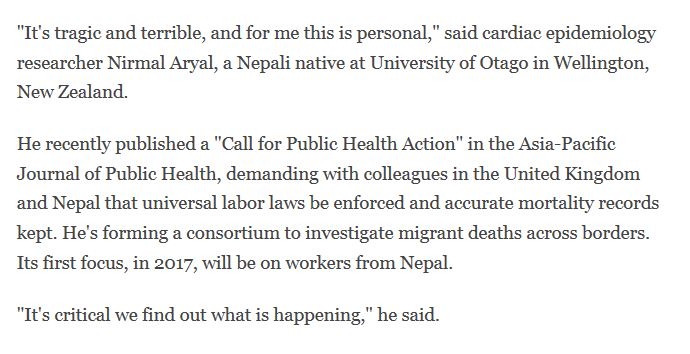 ]. This scientific journal has an Impact Factor of 1.72
]. This scientific journal has an Impact Factor of 1.72
We have received email message and tweets from colleagues and friends who spotted this article in newspapers in the United Kingdom, the United States, New Zealand (NZ), Taiwan, Nepal, India and many more countries as well as on several news websites. The article was sighted in North American papers such as The Washington Post, The New York Times, The Billings Gazette, Dothan Eagle, The Daily Times, The Roanoke Times, Union Times, The Daily Courier, The Journal Times, Medicine Hat News. and many more. Whilst in Britain the article can be found on the webpages of the Mail Online. In the Philippines the piece is on Inquirer.net
Elsewhere we were alerted to The Hindustan Times in India, which is incidently one of the few papers that changed the original title of the Associated Press piece to ‘Mysterious deaths: 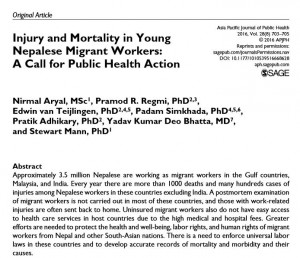 Nepalis working abroad come back home in caskets’. Furthermore, as our colleague Nirmal Aryal is based in NZ it is not surprising that several newspaper there reported on the issue: The New Zealand Herald, The Dominion Post (NZ), and as expected several English-language daily newspaper in Nepal picked up the story, including The Himalayan Times, and The Kathmandu Post.
Nepalis working abroad come back home in caskets’. Furthermore, as our colleague Nirmal Aryal is based in NZ it is not surprising that several newspaper there reported on the issue: The New Zealand Herald, The Dominion Post (NZ), and as expected several English-language daily newspaper in Nepal picked up the story, including The Himalayan Times, and The Kathmandu Post.
It’s a pity that the original Associated Press article only refers to the BU collaborators as ‘colleagues in the United Kingdom’. We have a long-standing interest in the health and well-being of Nepali migrant workers in various host countries. Dr. Pramod Regmi is post-doctoral research fellow in the Faculty of Health & Social Sciences (FHSS). He is part of the BU India-HUB, which involves the study of Nepali migrant workers in India. Prof. Padam Simkhada from Liverpool John Moores University is also BU Visiting Faculty in FHSS. Dr. Pratik Adhikary is a recent BU PhD graduate who has published several articles on Nepalis migrant workers [2-3]. Finally, our work on Nepali migrants has also been submitted as a contribution to the BU’s Global Festival of Learning.
Prof. Edwin van Teijlingen & Dr. Pramod Regmi
Faculty of Health & Social Sciences
References:
- Aryal, N., Regmi, P.R., van Teijlingen, E., Simkhada, P., Adhikary, P., Bhatta, Y.K.D., Mann, S. (2016) Injury and Mortality in Young Nepalese Migrant Workers: A Call for Public Health Action. Asian-Pacific Journal of Public Health 28(8): 703-705. DOI: http://dx.doi.org/10.1177/1010539516668628
- Adhikary, P., Simkhada, P.P., van Teijlingen E., Raja, AE. (2008) Health & Lifestyle of Nepalese Migrants in the UK BMC International Health & Human Rights 8(6). Web address: biomedcentral.com/1472-698X/8/6.
- Adhikary P., Keen S., van Teijlingen, E (2011) Health Issues among Nepalese migrant workers in Middle East. Health Science Journal 5: 169-175. hsj.gr/volume5/issue3/532.pdf
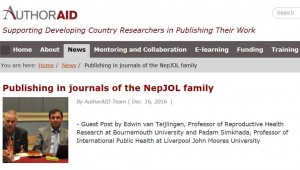
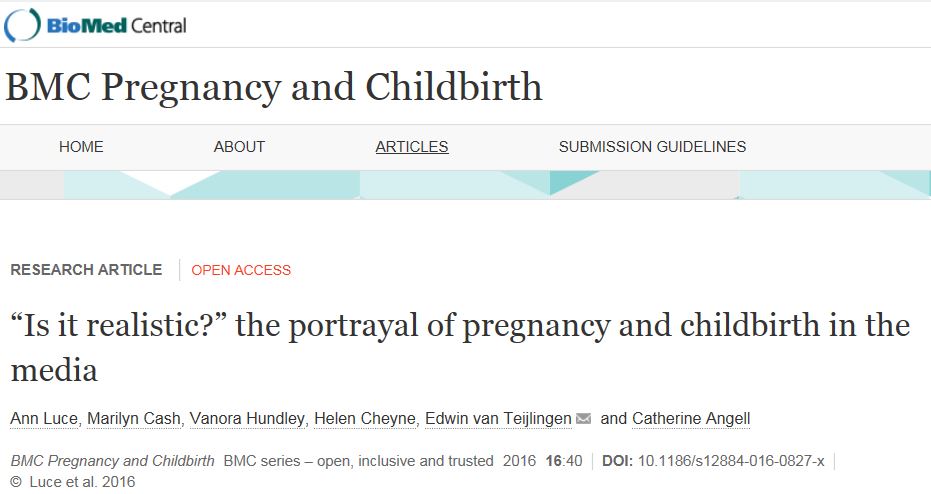
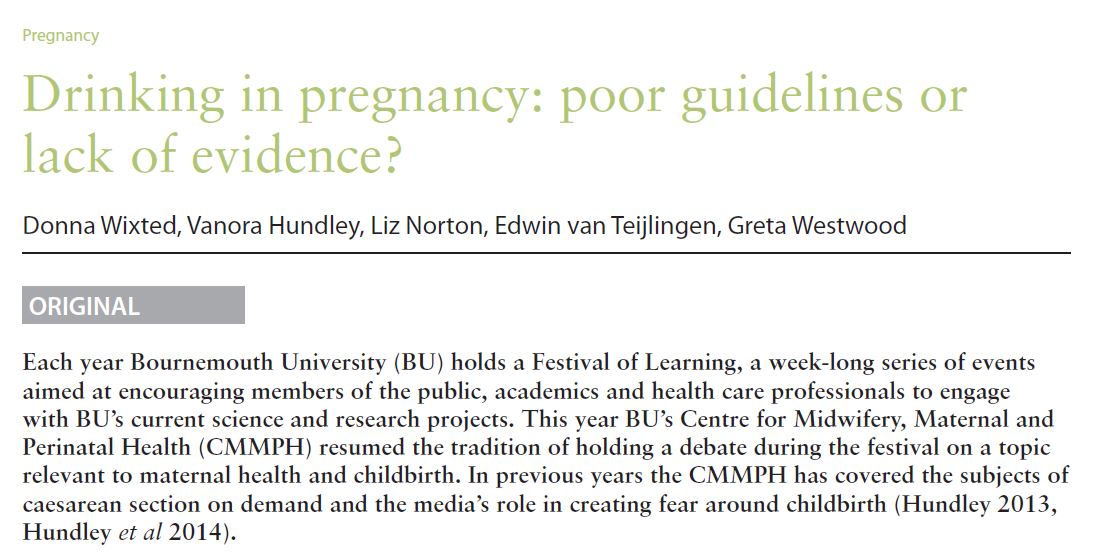
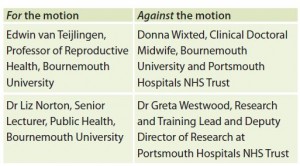
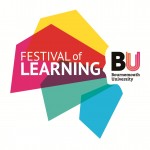
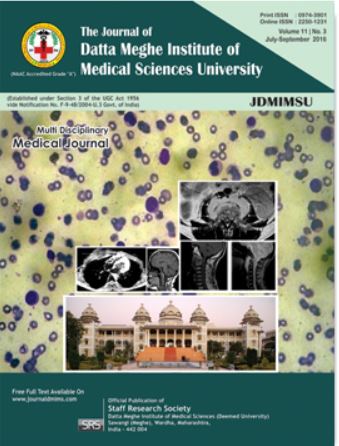
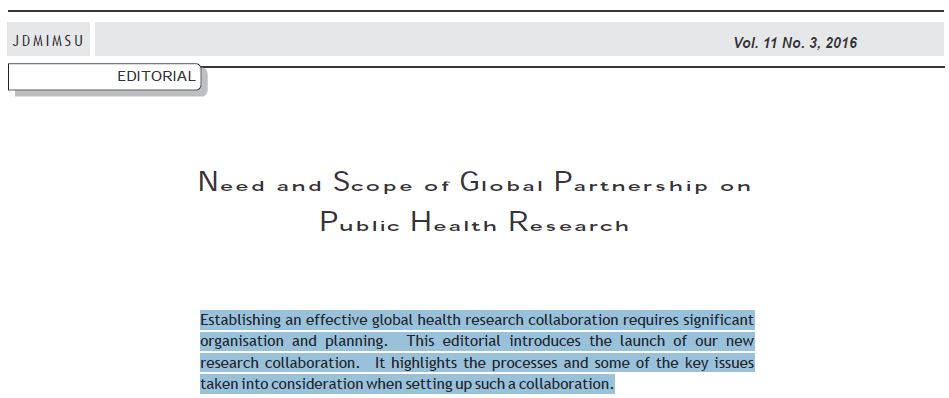
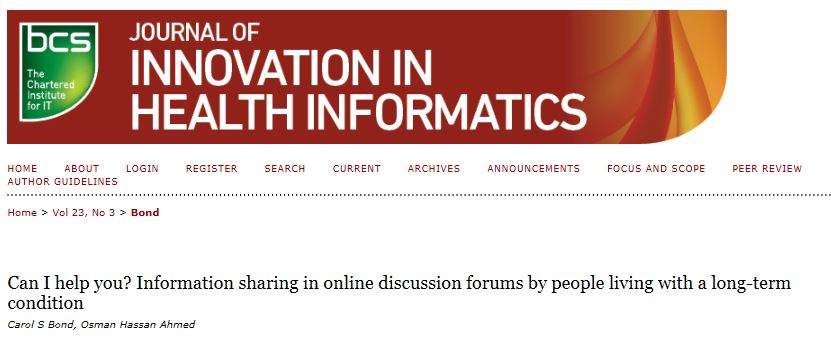
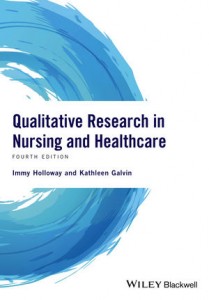

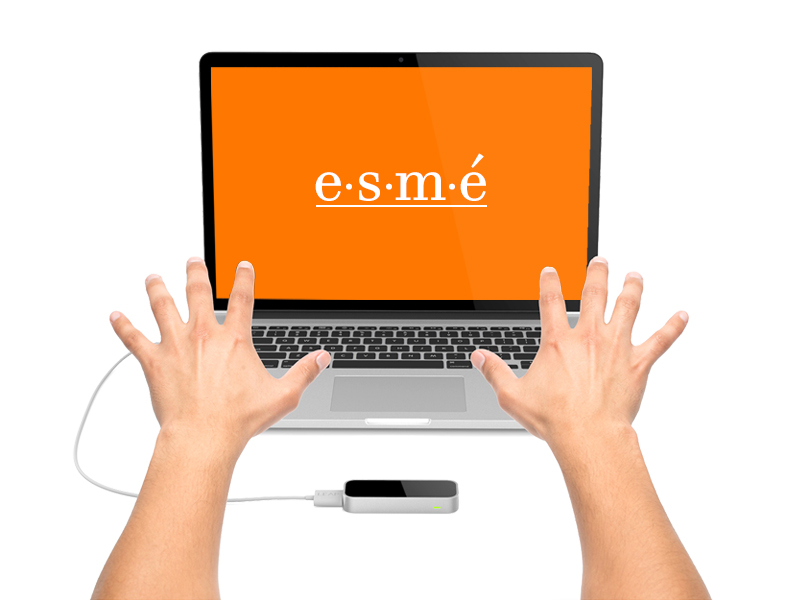
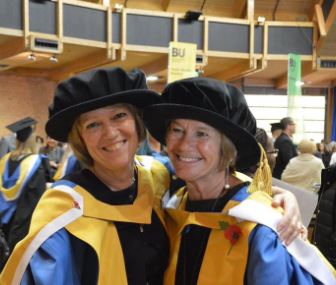
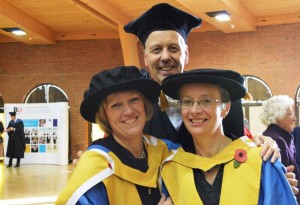
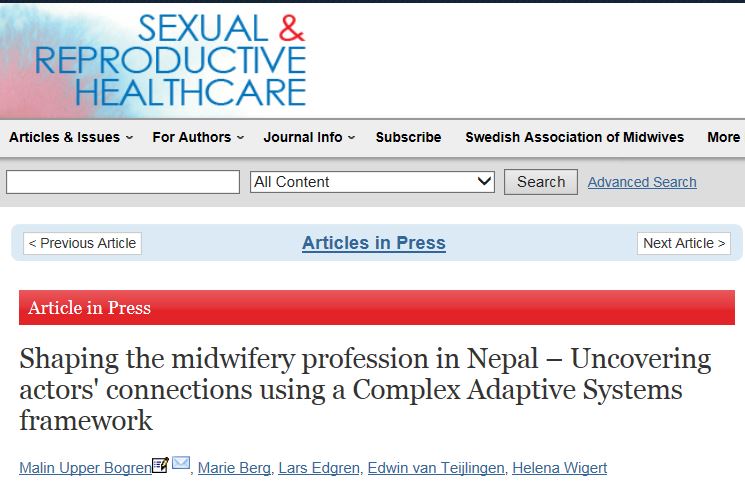
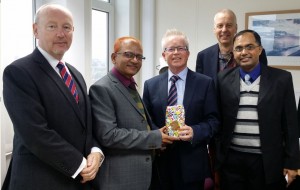
 MMIHS publishes its own journal the
MMIHS publishes its own journal the 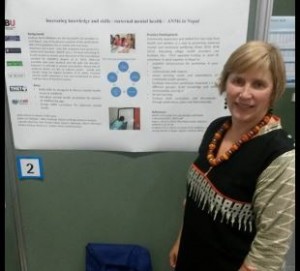
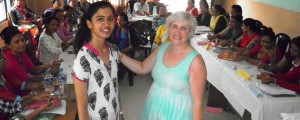

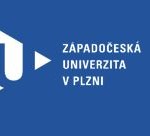

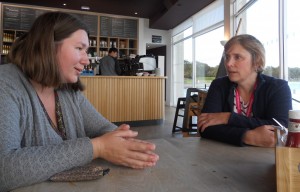
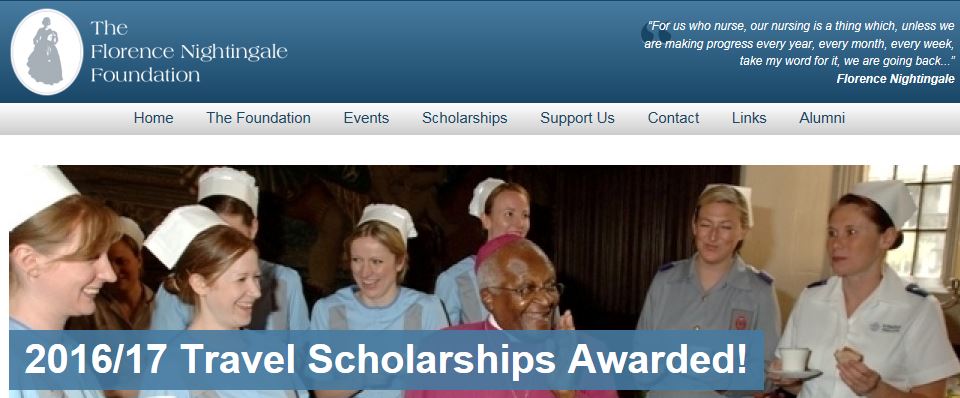











 Nursing Research REF Impact in Nepal
Nursing Research REF Impact in Nepal Fourth INRC Symposium: From Clinical Applications to Neuro-Inspired Computation
Fourth INRC Symposium: From Clinical Applications to Neuro-Inspired Computation ESRC Festival of Social Science 2025 – Reflecting back and looking ahead to 2026
ESRC Festival of Social Science 2025 – Reflecting back and looking ahead to 2026 3C Event: Research Culture, Community & Cookies – Tuesday 13 January 10-11am
3C Event: Research Culture, Community & Cookies – Tuesday 13 January 10-11am Dr. Chloe Casey on Sky News
Dr. Chloe Casey on Sky News ECR Funding Open Call: Research Culture & Community Grant – Application Deadline Friday 12 December
ECR Funding Open Call: Research Culture & Community Grant – Application Deadline Friday 12 December MSCA Postdoctoral Fellowships 2025 Call
MSCA Postdoctoral Fellowships 2025 Call ERC Advanced Grant 2025 Webinar
ERC Advanced Grant 2025 Webinar Horizon Europe Work Programme 2025 Published
Horizon Europe Work Programme 2025 Published Update on UKRO services
Update on UKRO services European research project exploring use of ‘virtual twins’ to better manage metabolic associated fatty liver disease
European research project exploring use of ‘virtual twins’ to better manage metabolic associated fatty liver disease